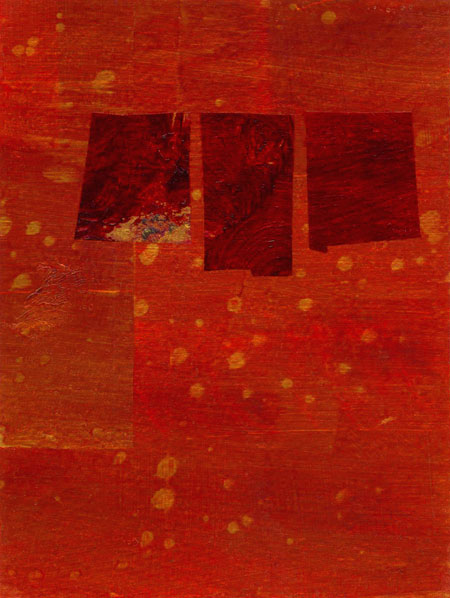
Love and Revelation © Jan L. Richardson
Reading from the Gospels, Easter 6, Year A (May 29): John 14.15-21
On a day more than six hundred years ago, in the English town of Norwich, a woman walked into a cell attached to the parish church. She intended to stay there for the rest of her life. The original name of the woman is unknown, and the cell where she would live as an anchoress—a woman devoted to a life of contemplation and solitude—no longer remains. It is likely that she took her name from the church in whose cell she lived: the Church of St. Julian.
Nearly everything we know about Julian of Norwich comes from a manuscript that she composed in her cell. In it she tells of how, at the age of thirty and a half, she became desperately ill. Just as she thought herself at the point of death, her pain suddenly departed. As Julian continued to pray, she was visited by a series of sixteen visions or revelations—what she called “showings”—in which she came to experience and know God’s love for her.
Julian recorded her visions in a short text, and then, after nearly two decades, she expanded on them in a longer text that incorporates the insights that she gained through years of reflecting on and praying with the visions. Together Julian’s texts became the book known as Showings, or Revelations of Divine Love.
In the final chapter of Showings, as Julian comes to the end of the remarkable work in which she has revealed to us a God whose endless mystery encompasses a deep desire to know and love us in all our human particularity, she writes,
And from the time that it was revealed, I desired to know in what was our Lord’s meaning. And fifteen years after and more, I was answered in spiritual understanding, and it was said: What, do you wish to know your Lord’s meaning in this thing? Know it well, love was his meaning. Who reveals it to you? Love. What did he reveal to you? Love. Why does he reveal it to you? For love. Remain in this, and you will know more of the same. But you will never know different, without end.
From her anchorhold, with her stunning simplicity, Julian echoes and embodies what her beloved Jesus says to his friends in this week’s gospel passage. At the table where he gathers with his disciples on the night before his death, he persists in telling them what he wants them—needs them—to know about who he is, what he has done, what he will yet do, what he is calling them to do after he is physically gone. In this passage, Jesus becomes very clear about why he wants them to know these things, and what underlies and encompasses and is the reason for their knowing.
“They who have my commandments and keep them,” Jesus says, “are those who love me; and those who love me will be loved by my Father, and I will love them and reveal myself to them.”
The knowledge that Jesus shares with his followers is not for the purpose of giving them worldly power. It is not designed to make them feel important, or to initiate them into secrets meant for a select few, or to make their lives easier. He does not intend for them to use the knowledge as a weapon to threaten or diminish others. What Jesus reveals to his friends—his friends at the table that night, his friend in the cell at the Church of St. Julian, his friends throughout the ages—he does for one reason:
For love.
Jesus speaks of love and revelation in the same breath. He wants his friends to understand that loving and knowing are of a piece, that loving draws us deeper into knowing and being known by the one whom we love. Here on the threshold of his death, Jesus cannot go until he assures them that he will not leave them bereft but will, in fact, continue to love and help them. He cannot leave until he tells them that by their loving, they will remain in relationship with him; through their shared love, he will yet reveal himself to them and be known by them.
What knowledge does your loving lead you to? As you stretch yourself into loving others, what becomes revealed to you—of them, of yourself, of God? How has love challenged or changed what you know? How are you opening yourself to its presence in your life?
Blessing that Knows Your Name
Chances are
there will come a day
when you will forget
every last word
of this blessing.
It does not matter.
Let this blessing
slip through
your fingers.
Let it roll from
the smooth plane
of your palm.
Let each line
disappear
and every syllable
fall away.
Let this blessing
return
to where all
blessings begin.
Let it leave you
until all that remains
is the place where
it pierced you—
whether like fire
or like breath
you could not say,
only that you heard
your name as it entered,
then heard its own
as it blew away.
P.S. For a previous reflection on this passage, click the image or title below:
[To use the “Love and Revelation” image, please visit this page at janrichardsonimages.com. Your use of janrichardsonimages.com helps make the ministry of The Painted Prayerbook possible. Thank you!]
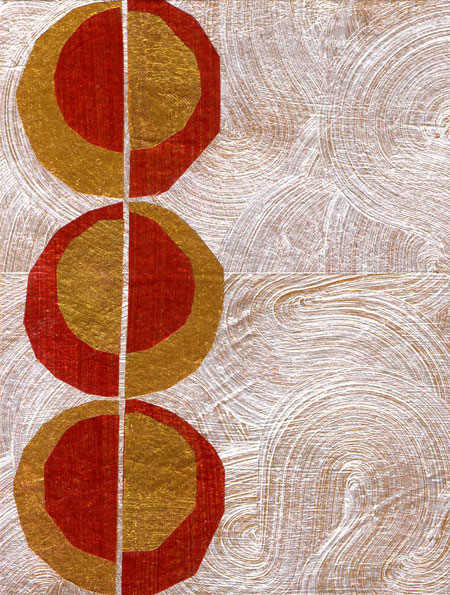

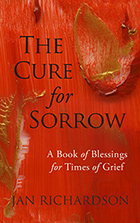
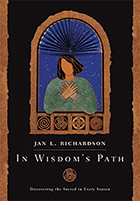
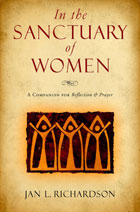
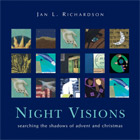
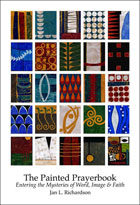
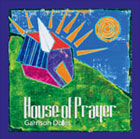
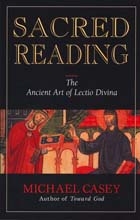
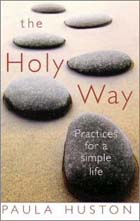
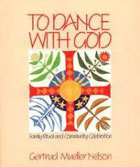
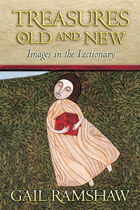
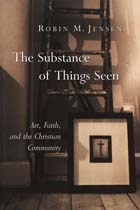
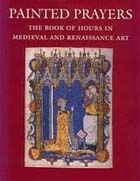
Leave a Reply